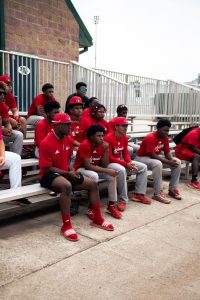
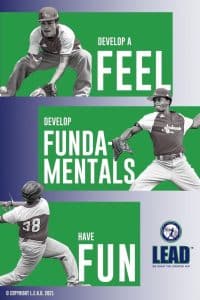 August through October is the designated time of year that my hitters commit and discipline themselves to try new things to determine what works and what doesn’t.
August through October is the designated time of year that my hitters commit and discipline themselves to try new things to determine what works and what doesn’t.
There is a long list of reasons people aren’t willing to try new things. Here are three that are top of mind for me:
- They don’t know how to try it.
- They believe they tried it, and it didn’t work for them.
- They believe it won’t work, so it is not worth trying.
Coaching is more than a title. It is a calling to convict and lead people. People can only become the best of themselves when we try new things.
I love this time of year as a coach because I am trying new things to better myself as well.
In this season of my life, I am reading books written by Dr. Martin Luther King, Jr. to receive the inspiration I need to try new things with courage.
Trying new things teaches me the importance of:
- Setting stretch goals
- Scrutinizing my thinking
- Seeking support from others
For more information, visit L.E.A.D. Center for Youth today. Also, check out our Digital Magazine.
C.J. Stewart has built a reputation as one of the leading professional hitting instructors in the country. He is a former professional baseball player in the Chicago Cubs organization and has also served as an associate scout for the Cincinnati Reds. As founder and CEO of Diamond Directors Player Development, C.J. has more than 22 years of player development experience and has built an impressive list of clients, including some of the top young prospects in baseball today. If your desire is to change your game for the better, C.J. Stewart has a proven system of development and a track record of success that can work for you.

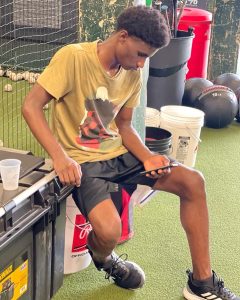
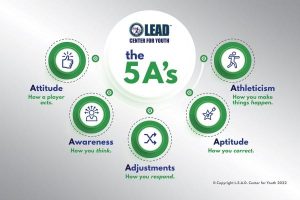 The fall baseball season is right around the corner—the time that my hitters focus on trying new things to determine what works and what doesn’t.
The fall baseball season is right around the corner—the time that my hitters focus on trying new things to determine what works and what doesn’t.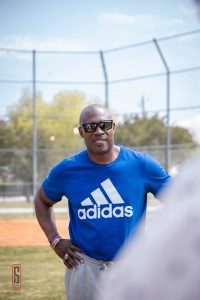 Editor’s Note: This is the first in a two-part series (
Editor’s Note: This is the first in a two-part series (